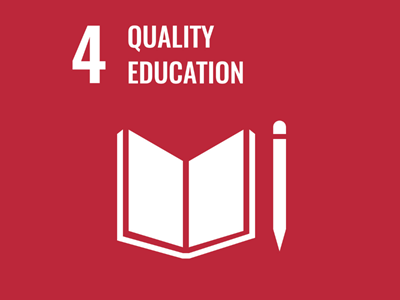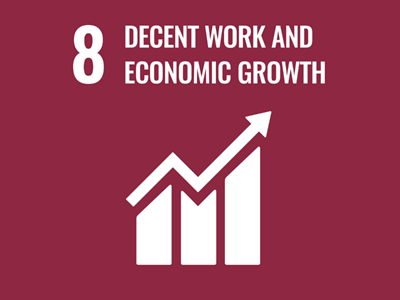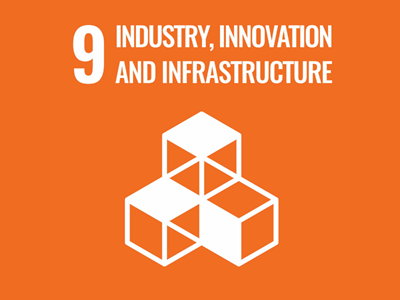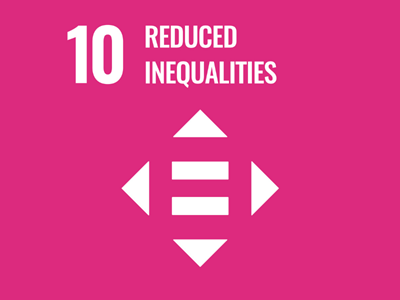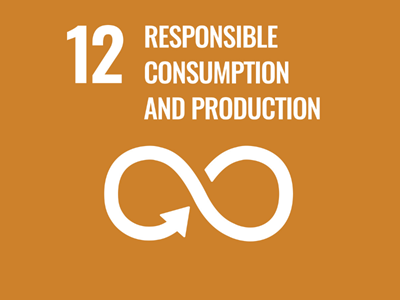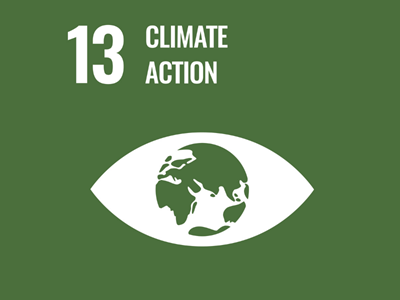About the Project
ASCA — Accelerating Smart Capabilities in Agroindustry
The ASCA project aims to strengthen the skills and knowledge base of agro‑industrial SMEs across Spain, France, and Portugal, accelerating their smart and sustainable transition through a transnational strategy, common training programmes, and an applied pilot that directly links higher‑education STEM students to real SME challenges. By explicitly aligning with regional RIS3 priorities and the SUDOE Programme’s objective RSO 1.4 (skills for smart specialisation, industrial transition and entrepreneurship), ASCA tackles systemic barriers faced by rural SMEs, including high energy and water costs, low uptake of digital and circular-economy solutions, and talent drain.
To achieve this, ASCA will:
- Design and adopt a Transnational Strategy and an Action Plan (Plan of Training & Capacity Building), jointly developed and validated with regional authorities and stakeholders (indicator RCO83, two joint strategies/plans).
- Deliver two common training programmes with shared content across the three countries: one to upskill 170 agro‑industrial SMEs (with 130 receiving individual follow‑up) and another to train 280 STEM students to act as “facilitators” of the smart transition.
- Implement a Pilot Action pairing 100 students with 100 SMEs to transform prioritised “challenges” into concrete innovation projects, under the supervision of partner tutors (indicator RCO84, one joint pilot).
- Create the ASCA Open Campus, a virtual repository providing open access to training materials, reports, and pilot results, ensuring interoperability, transparency, and future reuse.
- Organise two ASCA International Forums to disseminate results, update the strategy and methodology, and consolidate sustainability and replication pathways.
By combining a structured, data‑informed capacity‑building pathway with an implementation‑focused pilot, ASCA operationalises a scalable public‑private collaboration model that embeds talent in rural territories, reduces capability gaps among SMEs, and strengthens the coherence and adoption of RIS3 strategies across the SUDOE area.


